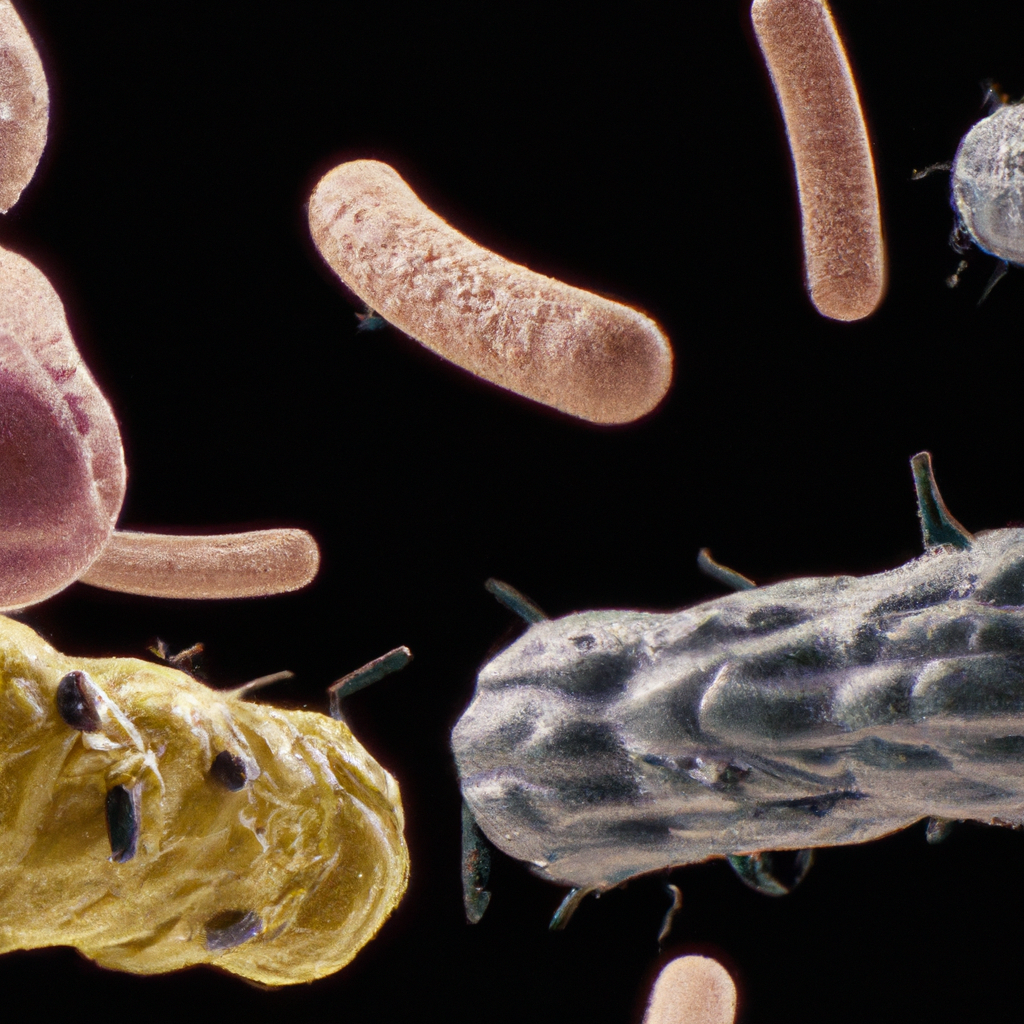Bacteria are often associated with disease and illness, but did you know that there are trillions of bacteria living in your gut right now? These bacteria play a vital role in maintaining your digestive health and overall well-being. In this article, we will explore the role of bacteria in the human gut, the microbiome, and how it impacts our health.
What is the Human Gut Microbiome?
The human gut microbiome refers to the collection of microorganisms that live in our digestive tract. These microorganisms include bacteria, viruses, fungi, and other microbes. The microbiome is unique to each individual and can vary depending on factors such as diet, age, and genetics.
The gut microbiome is an essential part of our digestive system. It helps us break down and absorb nutrients from the food we eat. Additionally, it plays a significant role in regulating our immune system and protecting us from harmful pathogens.
What is the Role of Bacteria in the Human Gut?
Bacteria are the most abundant microorganisms found in our gut. They play a critical role in maintaining the balance of our gut microbiome. The gut bacteria help break down complex carbohydrates and fiber that our bodies cannot digest on their own. They also produce vitamins such as vitamin K, which is essential for blood clotting.
Gut bacteria also play a crucial role in regulating our immune system. They help train our immune cells to recognize and respond to harmful pathogens. Additionally, they can produce molecules that can directly inhibit the growth of harmful bacteria.
The Gut Microbiome and Digestive Health
The gut microbiome plays a significant role in maintaining our digestive health. Studies have shown that disruptions in the bacterial balance of our gut microbiome can lead to various digestive issues such as irritable bowel syndrome (IBS), inflammatory bowel disease (IBD), and even colon cancer.
One way to maintain a healthy gut microbiome is through probiotics. Probiotics are live bacteria and yeasts that can provide health benefits when consumed in adequate amounts. They are found in fermented foods such as yogurt, kefir, and sauerkraut. Probiotics can help restore the bacterial balance in our gut, which can improve our digestive health.
Gut Flora and Overall Health
The gut microbiome has been linked to several health conditions, including obesity, diabetes, and even mental health disorders such as depression and anxiety. Research has shown that the gut bacteria can produce molecules that can directly affect our brain function and mood.
Maintaining a healthy gut microbiome is essential for overall health and well-being. Consuming a diet rich in fiber and fermented foods can help promote the growth of beneficial gut bacteria. Additionally, avoiding antibiotics unless necessary and limiting the use of antibacterial products can help preserve the bacterial balance in our gut.
Conclusion
In conclusion, bacteria play a crucial role in maintaining the health of our gut microbiome. They are essential for breaking down and absorbing nutrients from our food, regulating our immune system, and protecting us from harmful pathogens. Maintaining a healthy gut microbiome is essential for our digestive health, overall health, and well-being. Eating a diet rich in fiber and fermented foods, avoiding unnecessary antibiotics, and limiting the use of antibacterial products can help promote a healthy gut microbiome.







